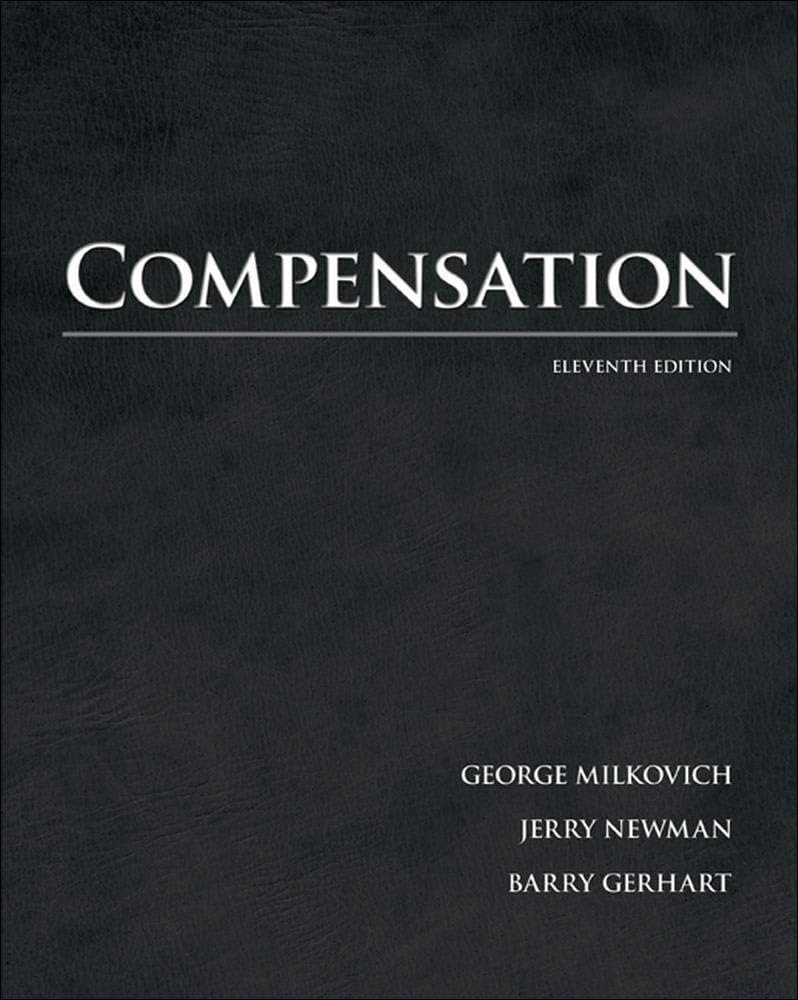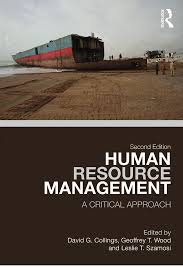Compensation is a critical aspect of human resource management that plays a crucial role in attracting, retaining, and motivating employees. In today’s fast-paced and competitive business environment, organizations need to have a well-defined and structured compensation system to attract and retain top talent. To address these challenges, authors George T. Milkovich and Jerry M. Newman have provided a comprehensive guide to compensation management in their book, “Compensation”.
George T. Milkovich is a professor emeritus at the School of Industrial and Labor Relations at Cornell University. He is an internationally recognized expert in the field of human resource management and compensation. Jerry M. Newman, on the other hand, is a professor at the University at Buffalo, State University of New York. He is also a consultant for several organizations, providing expert advice on compensation, performance management, and employee motivation.
In their book, Milkovich and Newman introduce readers to the foundational principles of compensation, with a focus on practical applications and strategies. They provide a comprehensive analysis of compensation theories and the factors that influence salary and wage structures, such as labor market forces, company strategy, and individual performance. The authors also discuss the legal and ethical considerations involved in compensation and delve into key topics such as executive compensation and international compensation.
One of the key strengths of this book is its focus on real-world examples and case studies. It provides readers with practical insights and actionable strategies that can be applied to various industries and organizations. The book also includes self-assessment tools, review questions, and activities to encourage critical thinking and reinforce key concepts.
Another noteworthy aspect of this book is its emphasis on linking compensation with company strategy and performance. This approach helps organizations align their compensation practices with their business objectives and creates a more cohesive and effective workforce. It also highlights the importance of designing a fair and transparent compensation system to maintain employee morale and motivation.
In conclusion, “Compensation” by George T. Milkovich and Jerry M. Newman is an essential resource for anyone involved in human resource management and compensation. It provides a comprehensive and practical guide to designing, implementing, and managing a successful compensation system. The authors’ expertise and experience make this book a valuable tool for organizations looking to create a competitive and motivated workforce.




